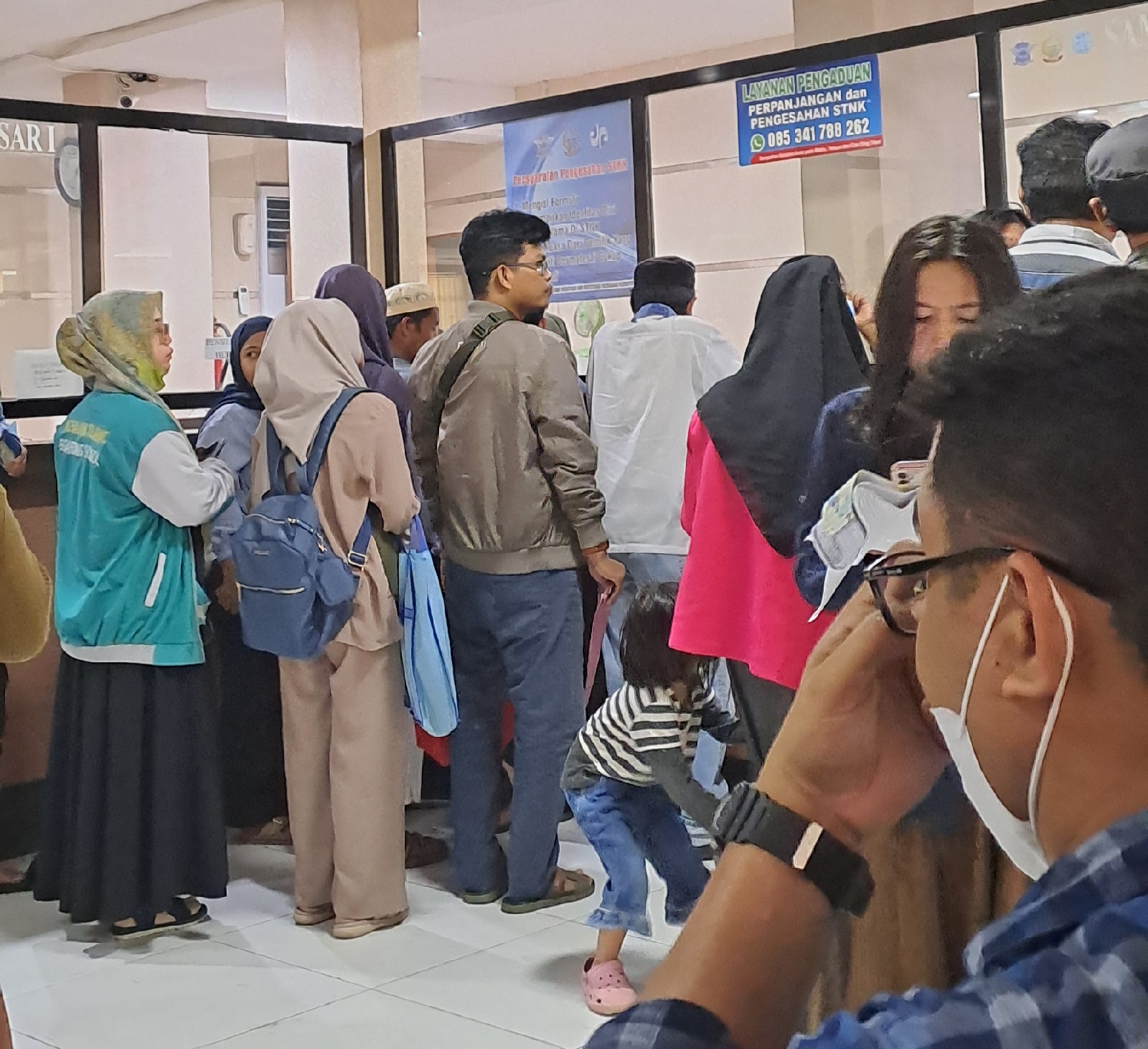Improving Makassar Towards a Smart City: A Reflection and Proposal
In the effort to transform Makassar into one of Indonesia's model Smart Cities, several fundamental issues must be urgently addressed. Personally, I believe there are four key aspects that form the foundation of this development: tackling traffic congestion, floods, and waste management, as well as improving bureaucratic efficiency. Unfortunately, the reality on the ground shows that these challenges remain far from resolved.
1. Addressing Traffic Congestion, Floods, and Waste
Traffic congestion remains one of the classic problems plaguing Makassar's residents. According to urban planning theory by Kevin Lynch, effective transportation is a key element in creating a comfortable city. To address this, technology-based solutions such as implementing smart traffic management systems that optimize traffic regulation using real-time data are essential.
Floods and waste management are equally pressing issues. Rapid urbanization without proper spatial planning is a primary cause. Ian McHarg's ecological perspective in his book Design with Nature emphasizes the importance of harmony between urban development and environmental preservation. Therefore, community-based waste management and the development of smart drainage systems are crucial to mitigating flood risks.
2. Bureaucratic Efficiency: A Personal Experience at Samsat Makassar
One eye-opening experience for me was accompanying my fiancée to renew her car's vehicle registration (STNK) at Samsat Makassar. It was deeply disappointing to witness a bureaucratic system that remains far from efficient, even though online systems have been introduced. Long queues without clear service timeframes reflect weak public service management.
Weber's theory on bureaucracy emphasizes that efficiency and certainty are the core of modern administration. However, in Makassar, the implementation of this principle is still hindered by a work culture that is unresponsive to public needs. Even innovations such as online systems often fail to deliver expected benefits due to a lack of coordination and supervision.
3. Reforming Towards a Smart City
To realize Makassar as a true Smart City, a holistic approach is needed, integrating technology, education, and work culture. A smart governance model can be implemented, prioritizing data-driven decision-making. Additionally, the government must commit to improving transparency and accountability in public services.
Furthermore, involving citizens in decision-making is also key. This aligns with Sherry Arnstein's theory of public participation, which asserts that sustainable development can only be achieved when communities are active participants in the process.
4. Hopes for the Future
We are already in 2025, an era where technological innovation should provide solutions to various urban problems. However, without fundamental changes in bureaucracy and city management systems, the term Smart City will remain a distant dream.
Let us start with small yet meaningful steps: improving public services, fully integrating technology, and fostering a professional work culture. As the Greek philosopher Aristotle once said, "A good city is not merely a place to live, but a place where people can live well."
Makassar has great potential to become a bright city of the future. The question is how we can collectively commit to making this change a reality.
1. Addressing Traffic Congestion, Floods, and Waste
Traffic congestion remains one of the classic problems plaguing Makassar's residents. According to urban planning theory by Kevin Lynch, effective transportation is a key element in creating a comfortable city. To address this, technology-based solutions such as implementing smart traffic management systems that optimize traffic regulation using real-time data are essential.
Floods and waste management are equally pressing issues. Rapid urbanization without proper spatial planning is a primary cause. Ian McHarg's ecological perspective in his book Design with Nature emphasizes the importance of harmony between urban development and environmental preservation. Therefore, community-based waste management and the development of smart drainage systems are crucial to mitigating flood risks.
2. Bureaucratic Efficiency: A Personal Experience at Samsat Makassar
One eye-opening experience for me was accompanying my fiancée to renew her car's vehicle registration (STNK) at Samsat Makassar. It was deeply disappointing to witness a bureaucratic system that remains far from efficient, even though online systems have been introduced. Long queues without clear service timeframes reflect weak public service management.
Weber's theory on bureaucracy emphasizes that efficiency and certainty are the core of modern administration. However, in Makassar, the implementation of this principle is still hindered by a work culture that is unresponsive to public needs. Even innovations such as online systems often fail to deliver expected benefits due to a lack of coordination and supervision.
3. Reforming Towards a Smart City
To realize Makassar as a true Smart City, a holistic approach is needed, integrating technology, education, and work culture. A smart governance model can be implemented, prioritizing data-driven decision-making. Additionally, the government must commit to improving transparency and accountability in public services.
Furthermore, involving citizens in decision-making is also key. This aligns with Sherry Arnstein's theory of public participation, which asserts that sustainable development can only be achieved when communities are active participants in the process.
4. Hopes for the Future
We are already in 2025, an era where technological innovation should provide solutions to various urban problems. However, without fundamental changes in bureaucracy and city management systems, the term Smart City will remain a distant dream.
Let us start with small yet meaningful steps: improving public services, fully integrating technology, and fostering a professional work culture. As the Greek philosopher Aristotle once said, "A good city is not merely a place to live, but a place where people can live well."
Makassar has great potential to become a bright city of the future. The question is how we can collectively commit to making this change a reality.




Comments
Post a Comment